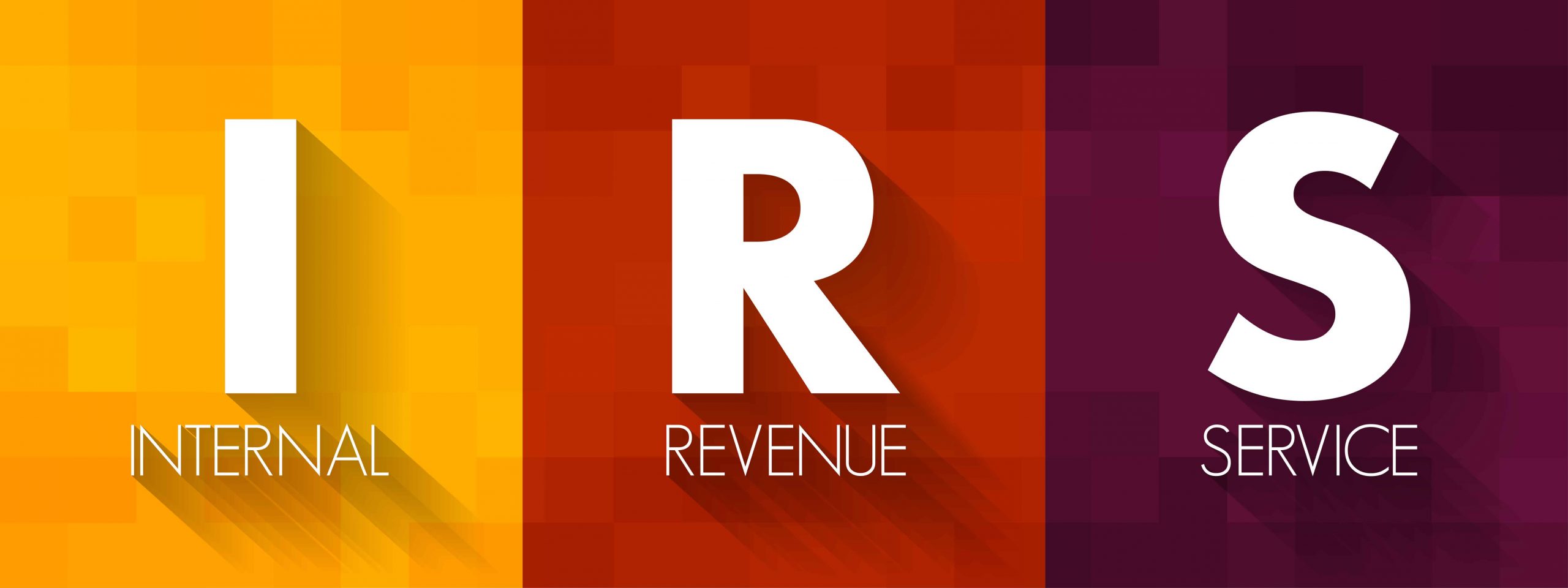Ignoring tax debt is one of the most common mistakes a taxpayer can make. Being in debt is stressful, but ignoring it isn’t worth the price you will have to pay. If someone falls behind on their taxes for any reason, it is critical that they seriously consider their tax repayment options. One thing taxpayers can do to begin resolving their debt issue is to look into the Fresh Start Program. The Internal Revenue Service (IRS) created this program to reassure taxpayers that their debt situation is not hopeless. Who can take advantage of this opportunity? This article should offer some clarity!
Let’s Talk About the Fresh Start Program
Tax debt is common. It should come as no surprise to know that the United States of America has around $527 billion in tax debt. People get into tax debt for a variety of reasons, which is why different circumstances will call for different solutions. If a person is struggling with a tax burden, they should consult with a tax expert to determine the ideal course of action for them. Furthermore, people should be aware that being in tax debt can result in penalties such as jail time, levies, wage garnishments, and liens. Being in tax debt is a problem that should be taken seriously and addressed immediately.
To assist taxpayers in improving their financial situation, the IRS began offering debt relief options in 2011, such as the Fresh Start Program. If someone is looking for a debt reduction option, they should check this program out. The name “Fresh Start” is merely a general phrase used to refer to the various IRS debt relief options. This program aims to give taxpayers assistance in paying their debt and any associated penalties while, of course, staying within the law. When it comes to handling their debt, people have a wide range of options, including:
- Installment Agreement (IA)
- Offer in Compromise (OIC)
- Currently Non-Collectible (CNC)
- Penalty Abatement
Installment Agreement (IA)
Some people want to pay the full amount owed but need more time. In this case, an IA can be a good option for these people. This opportunity, however, is not available for all taxpayers, so people have to meet eligibility requirements to be entitled to a deadline extension.
Conditions to Qualify for an Installment Agreement
The IRS wants to help people pay their tax burden but also wants to make sure that those who are granted opportunities are those who are eligible. When it comes to qualifying for an installment agreement, the IRS will only allow taxpayers who submit their tax filings on time and those who make their financial situation known. On top of that, what makes taxpayers eligible is if they provide evidence that they are unable to pay their debt. The evidence could be the financial records of the taxpayer and evidence that they cannot obtain a loan from a lender to pay off their debt.
Offer in Compromise (OIC)
For most support programs, people can benefit from them as long as they meet the eligibility requirements. However, when it comes to OIC, the IRS only accepts fewer than half of the applicants annually. This means that even if someone meets the qualifying requirements, they might still be rejected. With that being said, once a person secures an acceptance for OIC, they will be able to lower their debt amount. Thus, taxpayers who want to settle their past-due taxes by paying less than they owe may find help through the OIC program.
Keep This in Mind About the OIC Program
Anyone seeking this program must be able to submit the necessary paperwork and be ready to be asked for more details. Overall, the IRS will examine a person’s whole financial situation to determine whether they are able to pay back their tax debt. The IRS will also often search about six years into the past of a taxpayer. That is because the IRS wants to know if the taxpayer respects the rules of filing taxes. Therefore, only those who have filed all of their prior tax returns in complete compliance will be permitted to take advantage of this program. It’s also a good idea for people to have a tax expert with them during the application process. Essentially, expert assistance can be extremely beneficial to taxpayers and potentially raise the possibility that the IRS will approve a person’s application.
Currently Non-Collectible (CNC)
If a taxpayer is approved for this opportunity, then the collection of that person’s tax debt is halted by the CNC tax program. That said, the only way a taxpayer can take advantage of this program is if they are accepted by the state and the IRS. The acceptance is granted to a taxpayer whose total monthly salary falls below their allowable expenses, as determined by national standards. It’s a must that people reach this point so that their financial records demonstrate that they cannot make their debt payment and, therefore, the collection of their debt is stopped. Who is the CNC program ideal for? Basically, it’s for people who want to fix their tax burden problem but don’t have the money to do so. That’s why those who owe the IRS a sizable sum of money but are unable to make their payments should check out CNC.
The CNC Program’s Advantages
If a person is approved for the CNC, then they’re on their way to fixing their debt problem. In fact, it means the person can rest knowing the IRS or state taxing authority will cease bank levies, wage garnishment, and even asset seizures under this program. Furthermore, if a person’s back-tax debt approaches the 10-year statute, it may be deemed not collective. The “Collection Statute Expiration Date” (CSED) is what this is called. This is due to the fact that the statute of limitations on a debt will be in effect while a person has CNC status. In other words, a taxpayer who joins CNC might never have to make a payment on their debt.
Penalty Abatement
When it comes to penalties from the IRS, it’s crucial that individuals seek the advice of a tax expert. The application for a penalty abatement will contain codes, procedures, and IRS language that can be challenging for taxpayers to grasp. This is another important reason for applicants to have professional help. It’s also wise for people who are dealing with tax penalties to act quickly. When penalties rack up, they can cost a person a lot of money—potentially more than they owe in taxes.
In Conclusion
Being in tax debt is an unpleasant issue, but it’s a problem that should be addressed immediately. A person who ignores their tax burden will be subject to penalties and, in some cases, may face jail time. Luckily, the Internal Revenue Service (IRS) is aware of people’s debt struggles. Furthermore, the IRS has various relief options, and every option targets a certain group of people. Therefore, people may have the chance to find a solution that will benefit their circumstances. The best part? A debt problem is not hopeless to solve; people just need to act on it as quickly as possible and seek professional help! There may be more hope than they realize.



